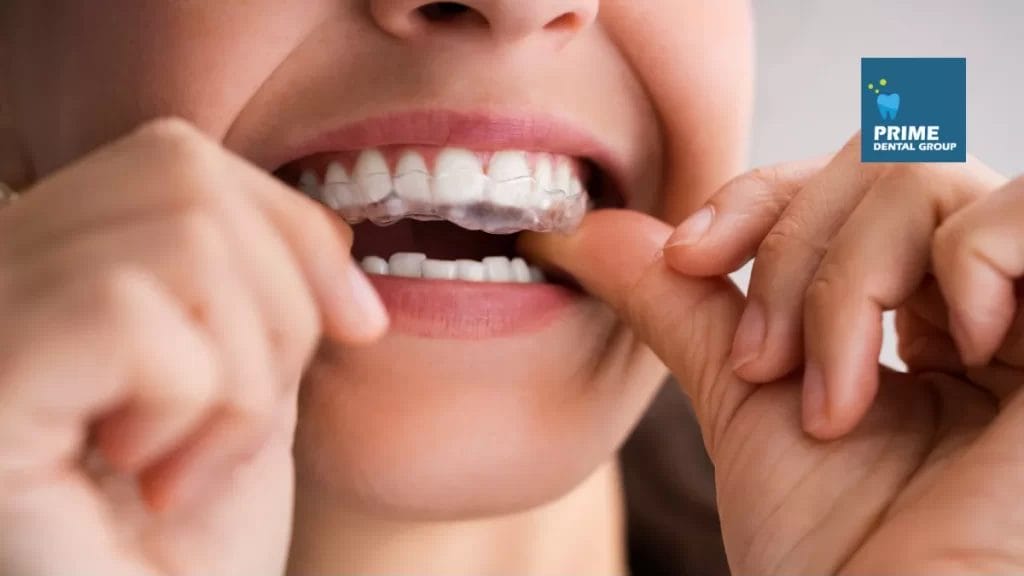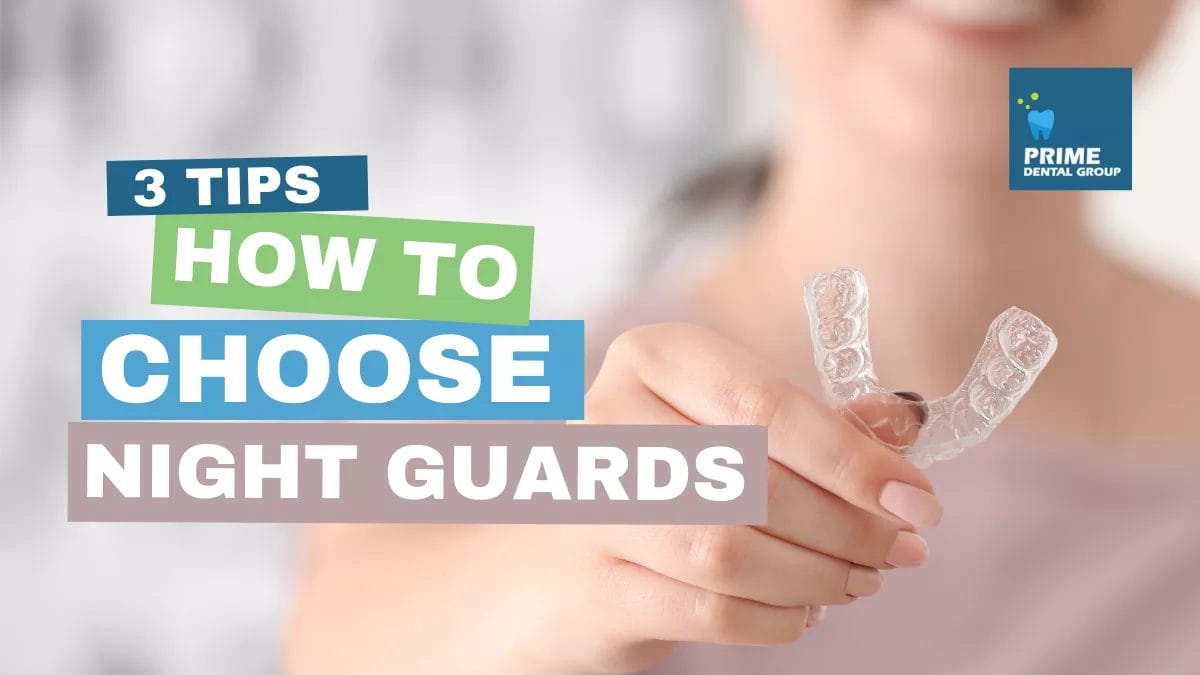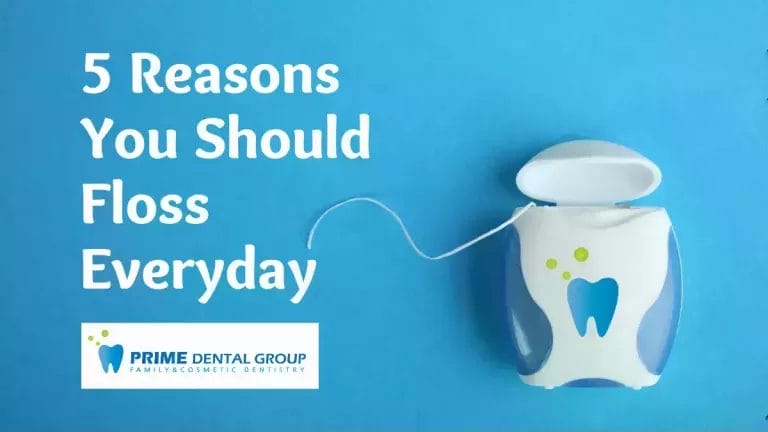3 Tips How To Choose Night Guards (Explained!)
Have you ever had jaw discomfort, earaches, or headaches when you woke up in the morning? Or, have you ever found yourself clench or grind your teeth while sleeping?
If you answered yes, you might have Bruxism, a common dental issue that causes teeth grinding and clenching during sleep. Many people are not even aware that they grind their teeth since this happens when one is sleeping.
However, Bruxism should not be overlooked since it can cause pain in your jaw. It can also cause headaches, neck discomfort, tooth wear, and sensitivity to cold temperatures. In addition, Bruxism can result in fractured teeth, cracked teeth, damaged restorations, or even tooth loss if it is not treated.
The good news is there is a simple, non-surgical treatment for Bruxism: nightguards. A night guard is a device you wear at night to protect your teeth. It can prevent wear and damage, so it is worth getting one if you grind your teeth or know someone who does.
This article will discuss what nightguards are, how they work, the types of nightguards, and helpful tips to choose the right nightguards for you.
What is Night Guards?
A night guard is a mouthpiece that protects teeth while you sleep. The nightguard usually goes in the mouth and covers the top and bottom teeth. The night guard can be made of hard or soft material. They function by inserting a retainer-like plastic barrier between your teeth.
It has been verified that night guard effectively relieves pain, discomfort, and damage caused by Bruxism. The night guards can help in the reduction of tension when you clench at night. They can also help protect your teeth while you clench or grind them. Furthermore, they may prevent headaches, damaged teeth, face and jaw discomfort, and inflamed gums.

Types of Night Guards by Material
There are several distinct varieties of nightguards available for purchase, each with its own set of advantages and disadvantages.
Soft Material Night Guards
This is a type of night guards that people use to treat Bruxism. It is used for cases that are not severe (mild case). This type of night guard is easy to wear because this soft material fits most people the best. It’s also flexible and simple to get used to and less expensive than other types of night guards.
This style of a nightguard, on the other hand, isn’t as sturdy and doesn’t endure long because it is made of soft material. It’s also been said that some patients unintentionally clench on to or chew on the soft material. Therefore, it is not considered a long-term solution for severe cases of Bruxism.
Dual Laminate Night Guards
This is a hybrid type of nightguard that is soft on the inside and hard on the outside. This type of night guard is for people with moderate teeth grinding and a mild form of Bruxism.
This type of night guard is more durable and lasting longer than soft type night guard. Also, it works better in case of heavy clenching and grinding. However, this type of night guard seems harder to adjust to and tends to be a little thicker than the other guards.
Hard Material Night Guards
Hard night guards are made from acrylic. They are extremely rigid but durable to treat Bruxism. They are more effective for very severe cases of grinding than other night guards. Since it is the most durable night guard, it prevents teeth from shifting. However, it is much thicker than soft nightguards. Therefore, it is more uncomfortable than other night guards. Some patients reported it is not easy to wear, and you need to practice to get used to sleeping in. Also, it can be more expensive than the others. Since an accurate impression is required for fit, you need to be ordered directly through the dentist.
3 Helpful Tips To Wear Night Guards For Beginners
- Start with the soft and thin material night guard if you are not familiar with a night guard.
- It could be uncomfortable to wear during sleep. However, you should practice wearing it for at least 4-6 weeks. Once you get used to it and night guard becomes your routine, it will be a lot easier to wear.
- Put it in right before you go to sleep. Don’t try to wear it before you’re ready to go to bed. Otherwise, it will just feel obnoxious.
3 Things to Consider When You Are Choosing Night Guards
The perfect night guard is the one that will protect your teeth and relieve you from any painful or disruptive bruxism.
Whether you choose a custom-made nightguard by your dentist or an over-the-counter night guards, it is essential to choose the right night guard for your condition.
- First of all, you should pick the night guard to be comfortable and well fitted for your mouth.
- A good nightguard should be tear-resistant, durable, easy to keep clean.
- Also, you should check if you can breathe comfortably when you wear a nightguard.
Final Thought
Nightguards are appliances that help protect your teeth and mouth from damage caused by grinding, clenching, or bruxing. They can also prevent the development of dental problems such as jaw pain, headaches, TMJ disorder, and tooth wear. It’s important to get fitted for a night guard with a dentist.
Many people suffer from these symptoms, making it difficult to sleep at night without waking up in pain. In this case, night guards can help relieve these symptoms and should always be considered one of the treatment options.
The night guards are usually made up of a material that is either hard or soft. They cushion your teeth from the force of clenching and grinding and prevent the teeth from grinding together, helping to prevent headaches, damaged teeth, and inflamed gums.
If you are experiencing any symptoms of Bruxism or nightguards sound like something that could work for you, contact your family’s dentist in Bellevue and Lynnwood to control your dental health. We’ll determine if night guard therapy is suitable for you during our initial exam. To make an appointment, call us at Bellevue Prime Dental (425) 605-3575 or Lynnwood Prime Dental (425) 251-0707 today.







